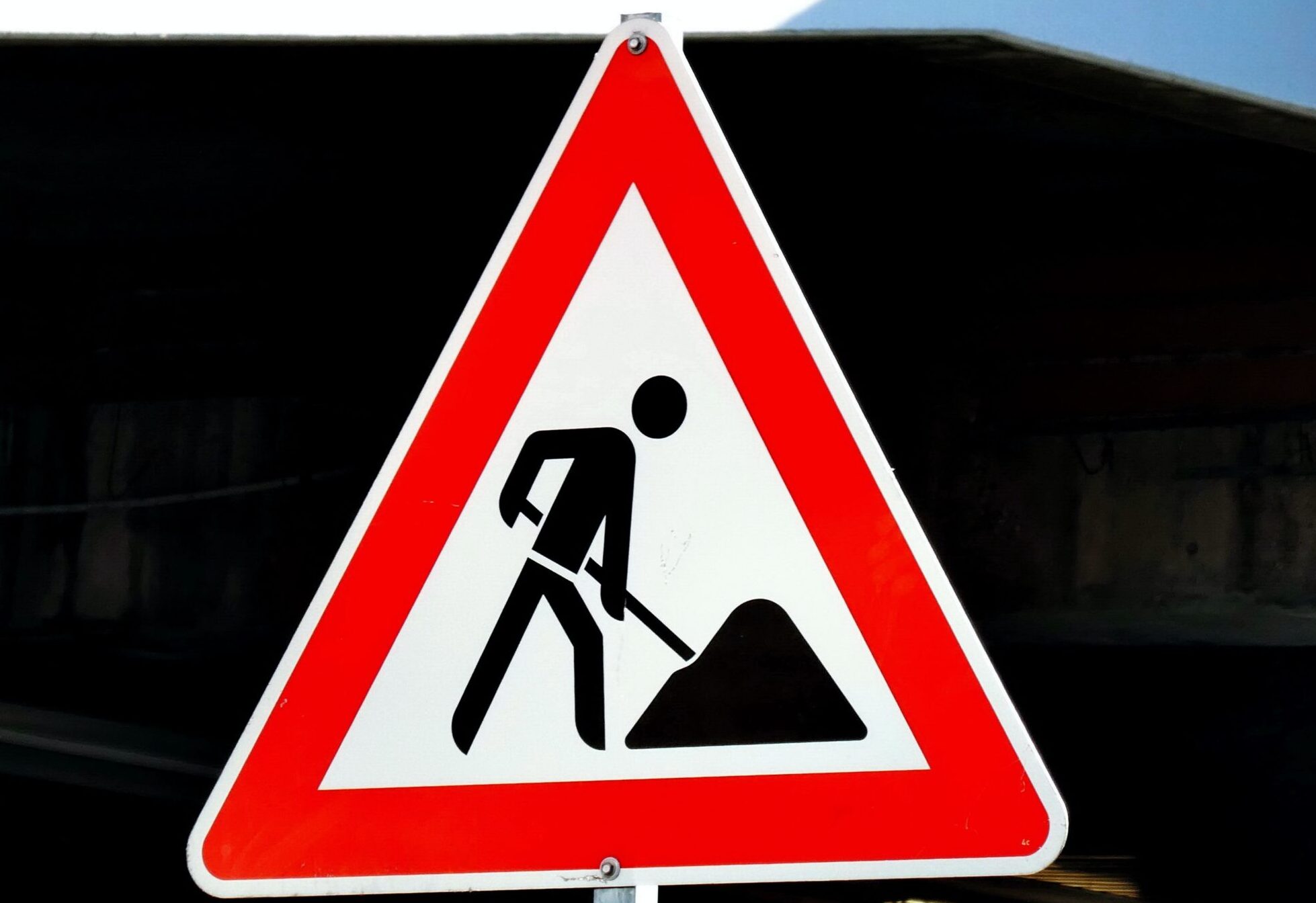There will be delays on the Malahat section of Highway-1 tomorrow (Wed. Mar 9) and Thursday, as well as on the weekend.
The Transportation and Infrastructure Ministry says short closures of the highway at tunnel hill are needed to remove tree debris from the heavy rains that damaged the highway back in November.
The Ministry says a total of eight closures of up to 15 minutes will be required Wednesday and Thursday.
The work will take place between 10 am and 2 pm and drivers should expect delays of about 35 minutes.
In addition, there will be resurfacing work done during the overnight hours during the weekend.
The work affecting the northbound lane between Finlayson Arm Road and Tunnel Hill will take place beginning at 10 pm on Friday and Saturday nights and last until 5 am the following mornings.
While the work is being done there will be single lane alternating traffic and minor delays.
For up-up-date closure information motorists are advised to check out www.DriveBC.ca.






